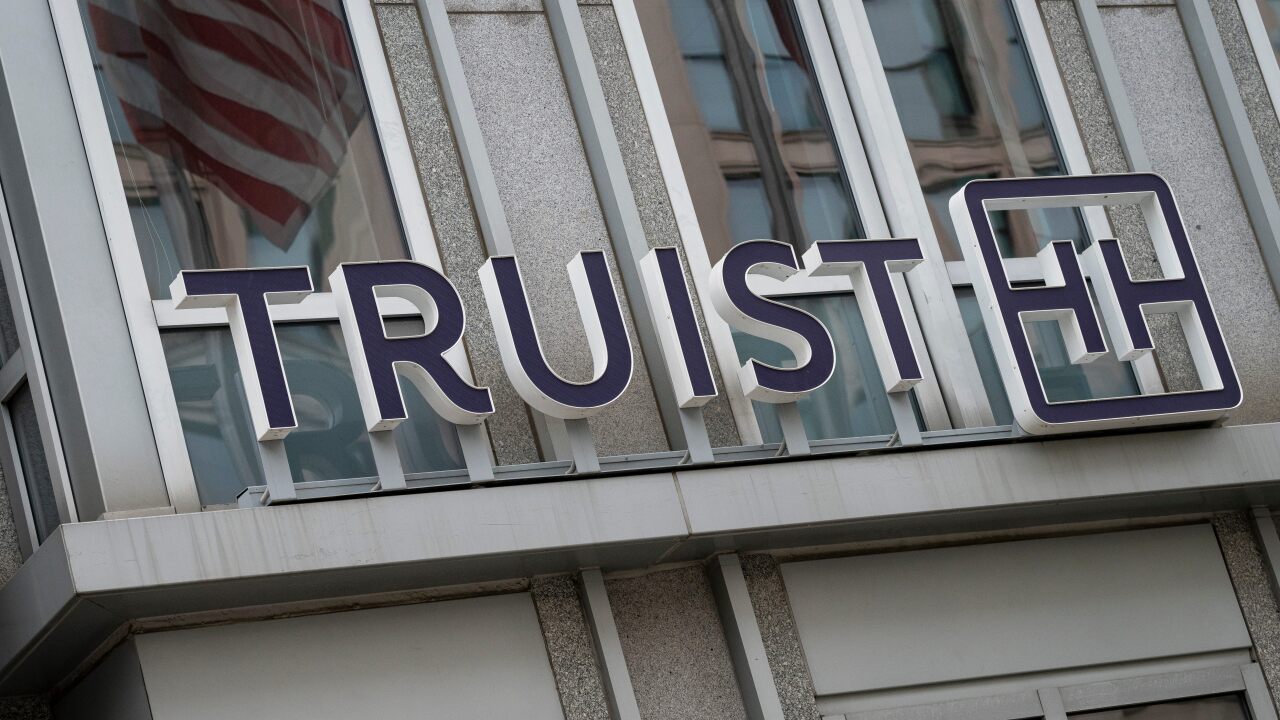
WASHINGTON — This may be an understatement, but Hollywood directors and studios
This, I suspect, is not unlike the dynamic at play with the final studio release of Basel III: Endgame, which differs significantly from the director's cut that was proposed last July. In a
That original vision went something like this: The failures of Silicon Valley Bank, Signature Bank and First Republic last spring made it clear that
In other words, Basel III: Endgame did not start because of the SVB crisis, but the SVB crisis served as affirmative proof that Basel III: Endgame needed to be finalized and made more aggressive in raising overall capital levels in the banking system.
"In an obvious way, the failures of SVB and other banks this spring were a warning that banks need to be more resilient, and need more of what is the foundation of that resilience, which is capital," Barr
But in the studio release outlined Tuesday morning, that rhetorical tether between SVB and Basel III: Endgame has been effectively severed.
Banks with between $100 and $250 billion of assets — the midsize range in which all three failed banks fell — would not be subject to the heightened credit and operational risk methodologies detailed in the proposal; those instead would be reserved for the Global Systemically Important Banks, whose
Midsize banks would see a capital increase of something like 5% in the studio release, but that is attributable entirely to the aforementioned revision of the capital treatment of securities available for sale — a needed improvement to be sure, but one whose utility in the face of the crisis was uncontroversial. What is more, the technical question about whether regulators would finalize with changes or start from scratch seems to be resolved: They will start from scratch, there will be no push to finish the rule before the election, and they will take their time.
What this tells me is that Basel III: Endgame (director's cut) was initially proposed to maximize the nexus between the Basel III accords and the failures of those three midsize regional banks last year, and that tether was tied for political expediency. As former White House Chief of Staff
That resistance did materialize, and
Barr himself deemphasized without dismissing the connection between Basel III and the SVB episode Tuesday, describing Basel as a project more than a decade in the making that touches on but is not inspired by last year's unpleasantness.
"It's really finishing the work that started right after the global financial crisis," Barr said. "The proposal has, really, at its heart … increases in capital for trading derivatives activities by the largest banks, the GSIBs. The changes that are most directly responsive to the March banking stress are those related to the inclusion of unrealized losses. … So you can think of it as both/and."
It's worth saying that, at least to me, tying SVB to Basel III seemed like an uncomfortable arrangement in the first place. What is more, Barr
"I found on a personal level that life gives you ample opportunity to learn and relearn the lesson of humility," Barr said. "When we were working on our 2023 proposal, we had very fresh in mind the large banking stress … where we had three of the largest bank failures in U.S. history. What we got back in the comment process, a lot of commentators said 'You didn't take into account enough potential unintended consequences.' We heard those comments, and I think the proposal that we're putting forward soon is really responsive to that concern."






